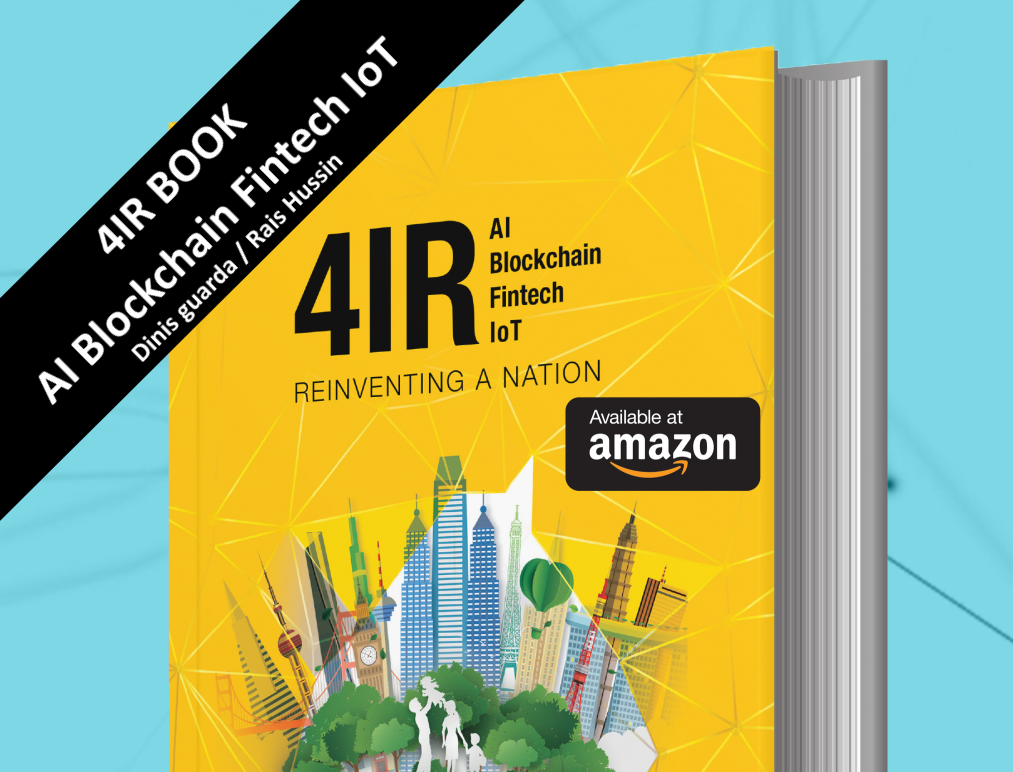
How Blockchain Could Support Ethical Fashion
Blockchain ecosystem technology has been around for a while now, but even if the technology is at its infancy, various projects have been experimenting with using it to offer solutions in all kinds of industries. Fashion is no exception to this rule. In particular, some projects have been underway to try and find ways in which blockchain could be used to support ethical fashion.
With more consumers from younger generations stating that they want products that are more sustainable and produced ethically, this has been one driver that has caused the industry to sit up and take notice. This has led to various ideas that have emerged about how blockchain could bring benefits to the fashion industry to make it more ethical. An incredible creativity and research has been happening in this sector, even if nothing tangible and scalable, has been seen until now.
How can Blockchain Help Fashion ?
Blockchain is a technology that theoretically has a decentralised ledger that is immutable. The ledger keeps a record of all the transactions, and once they are in the ledger they cannot be changed. The ledger is controlled by a variety of different parties, and this is what makes it hardly impossible to change once it is documented. As well as this, there is potential for complete transparency (again, theoretically, so all the details need to be tackled and not take the information a critically), so everyone knows who logged something onto the ledger and no one can change this without everyone else being able to see.
The records of different transactions are stored in hundreds of thousands of computers worldwide (the ones that are part of the network). Importantly, because it is decentralised, no one owns blockchain – there is no central control point.
Organizations Experimenting With Blockchain in The Fashion Industry
One organisation driving forward the use of blockchain in the fashion industry is Provenance. Provenance has a goal of delivering more trust in the fashion supply chain, between all the different businesses that are involved in it. What this means is that brands can verify information behind what goes into the products they are producing.
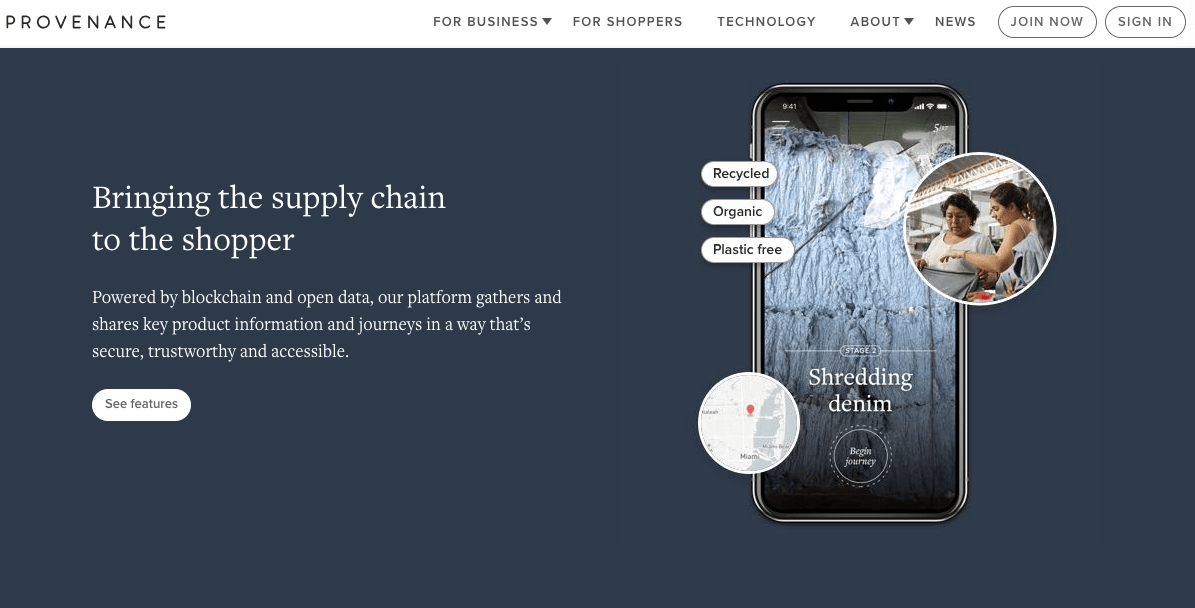
Image source: Provenance
For example, materials and processes can be tracked and verified. So can people. The issue that Provenance wanted to address was whether blockchain could increase transparency to the point that customers could have supply chain information at the point they buy products. Provenance had a bit of trouble moving forward, thus the company is now working more with consulting.
SourceMap: Improving Transparency in The Fashion Industry
SourceMap is another company that has been working on leveraging blockchain technology to improve transparency in the fashion industry. It has been working with Provenance’s technology to verify different communications within the supplychain.
In effect, what SourceMap has built is a bit like a social network. This provides communication between everyone in the supply chain process, even down to the farmer. Other actors in this chain include textile mills and factories, among others. The communications between these different groups are being verified by the SourceMap solution.
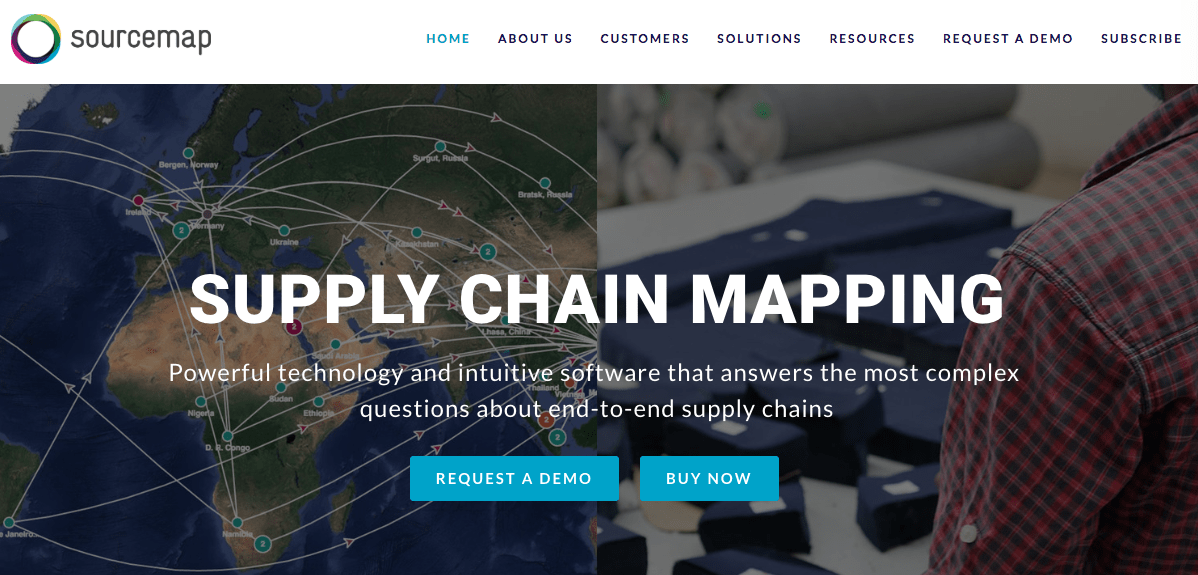
Sourcemap; Screenshot of the website
What it means is that any statements made about the product can be driven right back to the source of who originally claimed it. This makes it much harder for companies to fake anything. Types of information they might want to fake include manufacturing at factories known for child labour, or having a Fair Trade certification, among others. What this means is that it is easier for brands to keep track of what is going on in the supply chain – which has been traditionally very hard in the fashion industry.
Experimenting With Cryptocurrencies in he Fashion Industry
Other companies have had a different focus, with Impak Finance looking at the use of cryptocurrency in the fashion industry. This company is building a marketplace packed with organisations that have a focus on social impact. It is then able to provide customers of these companies with rewards (in its own cryptocurrency known as Impak coin) when they purchase at these companies. This is a form of cash back which can then be used to buy goods from other organisations within the Impak marketplace. This is a beneficial way of working rather than having a simple loyalty programme due to the fact that it is significantly more cost effective to process cryptocurrency transactions than those for credit cards. This enables savings to be provided to consumers, and this in turn provides them with an important incentive for shopping ethically.
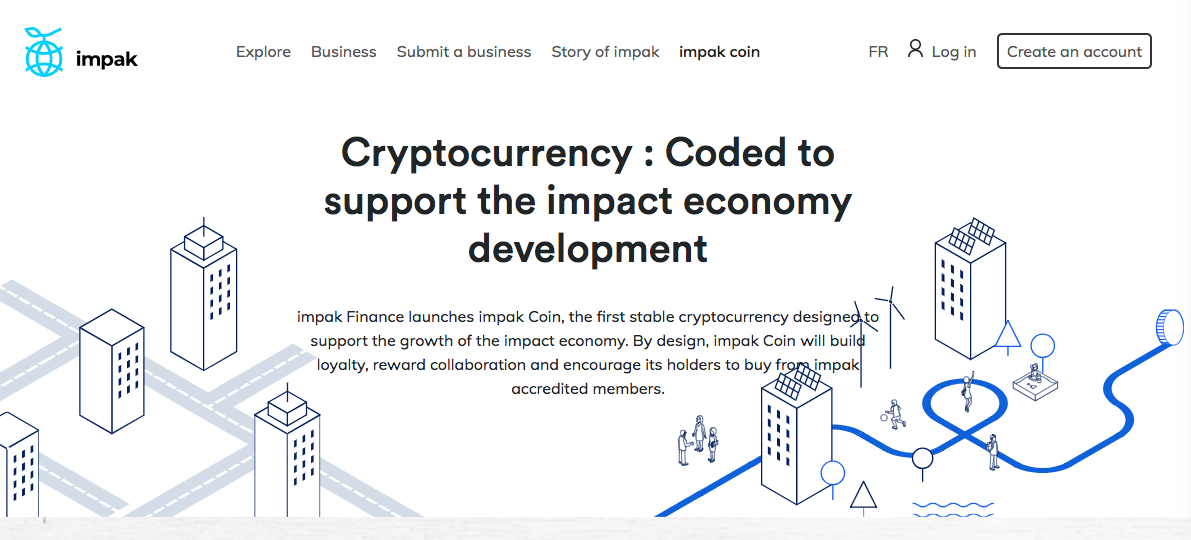
Impakcoin: How does it work ?
Fashion Coin: A peer to peer fashion ecosystem
Another company supposedly working with the use of blockchain technology to help the fashion industry be more ethical is Fashion Coin. Fashion coin is considered the first peer-to-peer fashion ecosystem. Through the Fashion Coin ecosystem, consumers are able to interact directly with all the different players that were involved in the production of a clothing item. This might include influencers, designers, stylists, models, photographers and others. This proposition also enables customers to get involved earlier on during the creation process. They are incentivised to do this by the Fashion Coin token, and they can also invest in early product designs if they wish. Their website was quite stagnated so one wanders though, if this project was able to move forward or not.
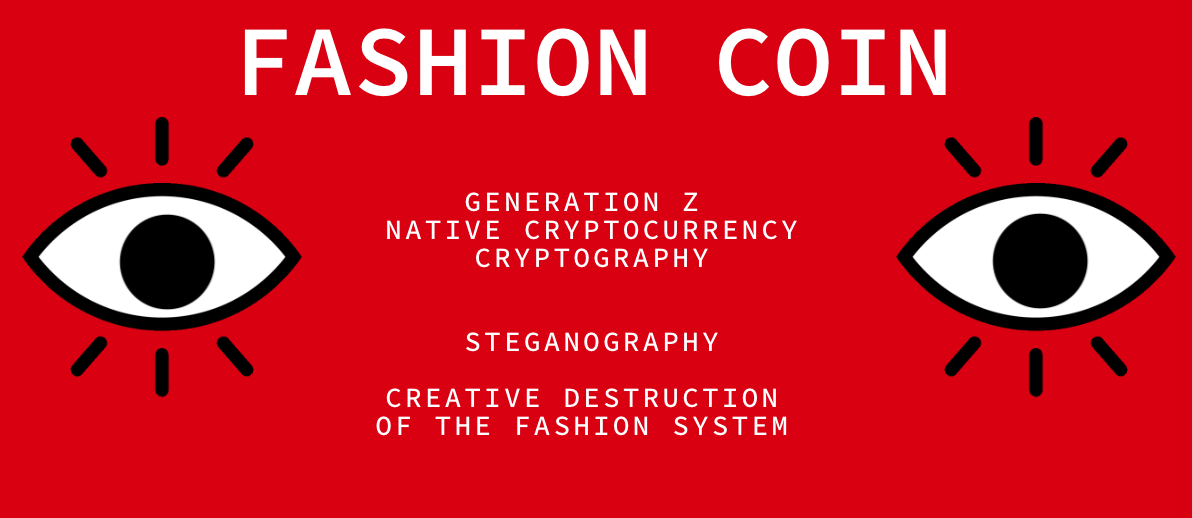
Fashion coin
Discovering Fake Products: VeChain
An important issue in the industry that impacts on sustainability, as well as causing all kinds of other issues is that of fake products. VeChain has been working on a blockchain technology supported solution to help address this challenge.
VeChain works to trace all physical items digitally, and this is supported by blockchain. Every single item has its own identification number and this is matched with a QR code or a chip. The two items together mean that the item can be bound both digitally and in the real world, making it much harder for fakes to emerge. This is because customers can see if an item is real or if it is a fake, so it disincentivises fakes, and since fakes are not sustainable, this is important for ethical fashion.
Making Global Chains More Efficient: Faizod
Last but by no means least, Faizod is working to make global supply chains more efficient. When goods are transported from one continent to another (for example from China to Europe) there can be several hundred interactions, and each typically requires numerous documents. There can be a lot of overlap and room for mistakes.
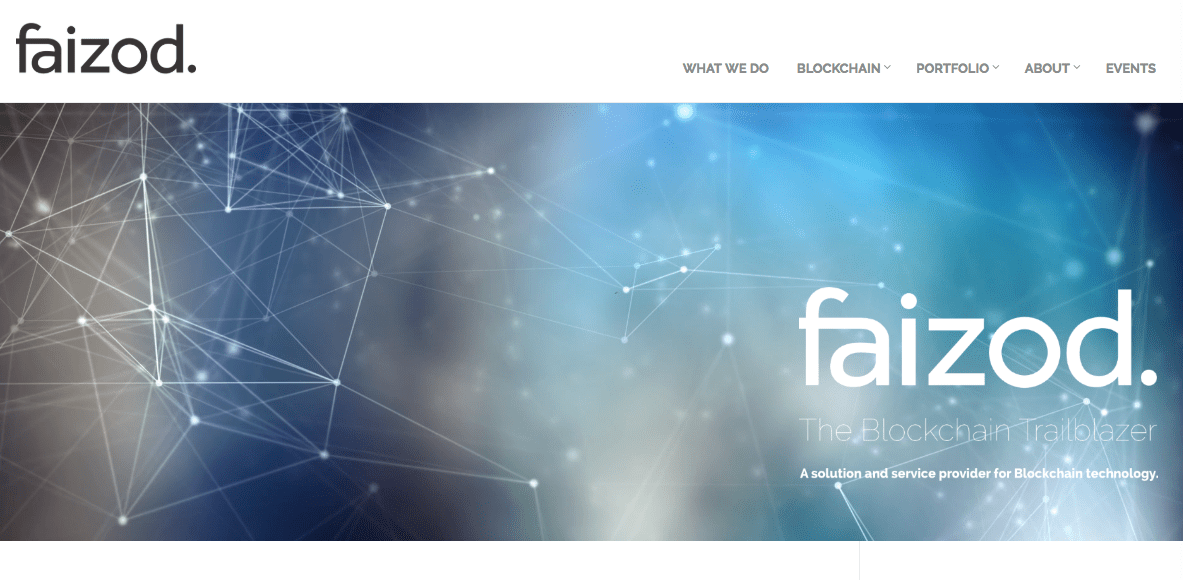
Screenshot of website Faizod
Faizod’s Global Supply Chain helps to solve this problem by putting blockchain technology to use, to build a set of chains. These are used for interaction between manufacturers, sub-contractors and others in the process, and bottlenecks can be flagged early. This increases sustainability in many ways but partly because it cuts back on unnecessary paperwork and energy exerted on duplicate work.
Looking at Blockchain with hope… and critical eyes.
A word of caution is needed here though! The nodes in the blockchain network, are just a few and when we say the blockchain is distributed, it is just distributed by those part of the network. Most of the operations on blockchain networks happen off chain! One needs to be critical and take the information with both feet on the ground and check if the various projects are really delivering what they promise, on a regular basis.
Read More:
back to school fashion trends 2025




